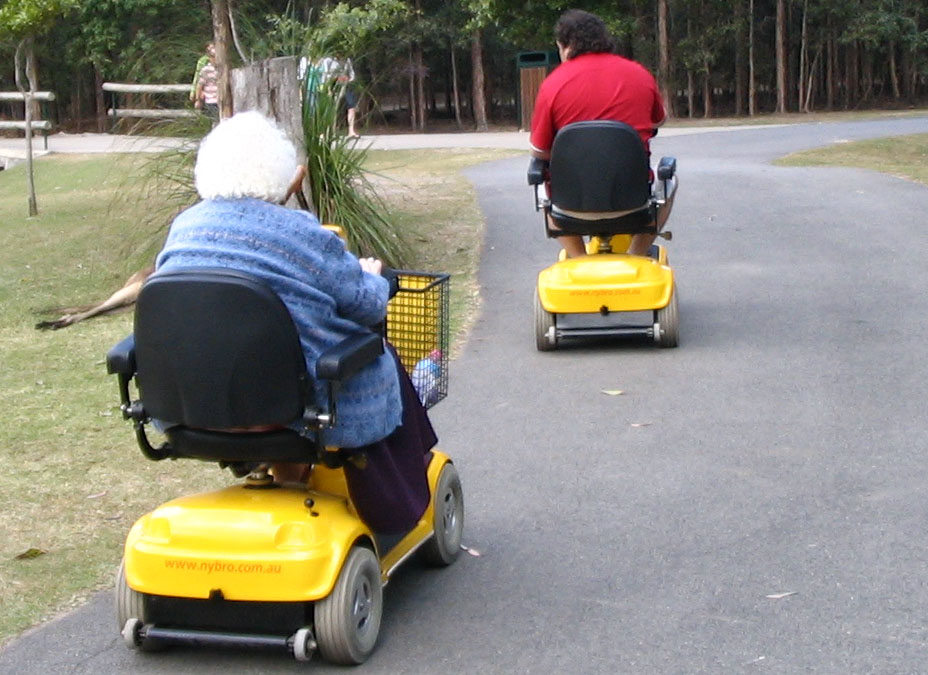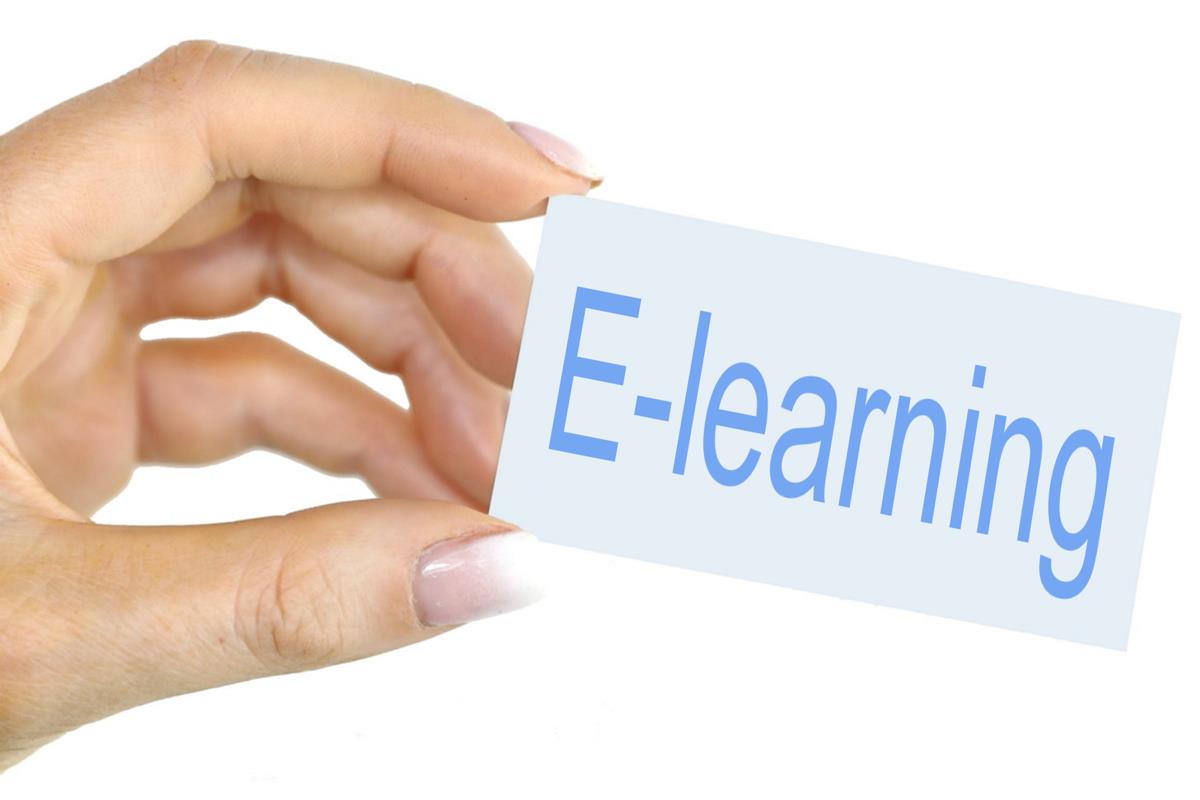
About the Project
Mobility is defined as the ability of an individual to purposively move about her environment. Mobility limitations, or Reduced Mobility, are impairments in movement and affect between one third and one half of adults age 65 or older. Mobility is an important predictor of Quality of Life (QoL) among Elder Persons and a measure of successful aging [Ref].
Assistive Technologies (ATs) offers products, resources, methods, strategies, practices and services that promote the functionality of Persons with Reduced Mobility, aiming at their autonomy, independence, QoL and social inclusion. Its development and deployment can be considered an attempt to neutralize the barriers caused by the Reduced Mobility and related disability.
ERMAT is launched with the main objective of increasing the competences (attitudes, knowledge, skills) of Elder Persons with Reduced mobility (EPRM), Informal Caregivers and Professionals on the application of Assistive Technologies for improving their Quality of Life.


Specific Objectives
- To promote sense of self-care and care supported by ATs.
- To inform about available ATs and their application to the specific needs of EPRM.
- Create awareness and trust about the importance and possibilities of using ATs for improving QoL of EPRM, increasing their autonomy and community participation.
- To create an e-learning environment that could facilitate the access of EPRM to the training contents.
- To involve Informal Caregivers, Professionals and other Elder Persons as Peer-Supports that will support those EPRM that are not able to directly attend to the training activities.

Project Espected Results
- Co-Created Methodological Guide (I.O.1) will be developed, involving the direct participation of End Users, with the main objective of determining the key contents, methodologies and tools needed for creating and improving the critical competences of Elder Persons with Reduced Mobility (EPRM), Informal Caregivers and Professionals on how to apply Assistive Technologies (ATs) for improving their Quality of Life (QoL).
- Training Materials (I.O.2) addressed to EPRM, Informal Caregivers and Professionals on how to apply Assistive Technologies (ATs) for improving their Quality of Life QoL)
- Designed Practical Training Activities (I.O.3); They will be the core of the Training Program and they will include the design of Face-to-Face and Online Sessions and will be based on Group Dynamics and, specially, Practical Activities, to be implemented with the common participation of EPRM, informal caregivers and professionals where they will be directly trained in how to exploit-available ATs for improving their mobility and QoL through putting into practice methods and tools during the Training Activities, both in institutions and homes
- Development of an e-Training Platform (I.O.4), for supporting the implementation of the Training Methodology, including Training Materials, Workspace and link to applicable ICT/Assistive Technologies Tools.
- Creation of 7 SUPPORT UNITS in the members of the Consortium in order to ensure the sustainable exploitation of the project after the project lifetime.
- Implementation of 6 Multiplier Events on the application of Assistive Technologies for improving the Quality of Life of EPRM on each country addressed to stakeholders that could multiply the impact of the project.
- Development of Dissemination Actions addressed to the European collective related to Elder Persons.